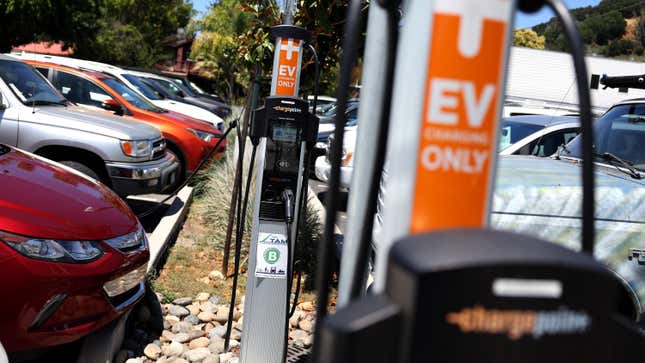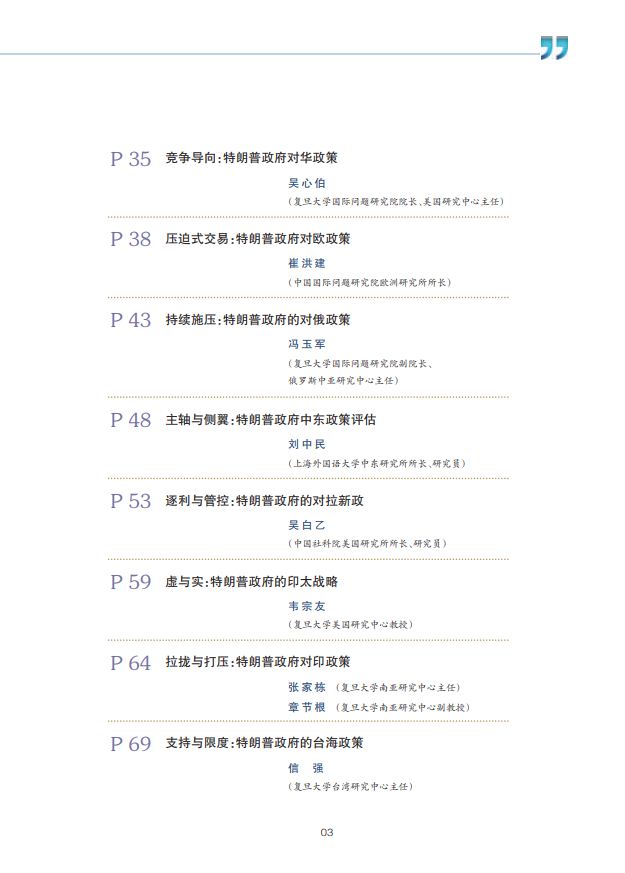Dealerships Intensify Fight Against Electric Vehicle Mandates

Table of Contents
Economic Challenges Posed by Electric Vehicle Mandates
Dealerships face significant economic hurdles as a result of electric vehicle mandates. The rapid shift towards EVs requires substantial investments and introduces considerable financial risks.
High Upfront Investment Costs for Dealerships
- Cost of EV charging infrastructure: Installing and maintaining Level 2 and DC fast chargers requires significant capital expenditure.
- Specialized training for technicians: EV mechanics require specialized knowledge and training, adding to operational costs.
- Inventory management challenges: Managing EV inventory requires different strategies than gasoline-powered vehicles, due to factors like battery technology and charging requirements.
The financial burden is substantial. For example, a single DC fast charger can cost tens of thousands of dollars, and training technicians to service complex EV powertrains represents a considerable investment. Dealerships risk significant losses if projected EV sales don't materialize, leaving them saddled with costly infrastructure and underutilized trained personnel.
Reduced Profit Margins on Electric Vehicles
- Lower profit per vehicle compared to gasoline-powered cars: The current pricing models for EVs often yield lower profit margins for dealerships than traditional internal combustion engine (ICE) vehicles.
- Impact on overall dealership profitability: Reduced margins on EVs, coupled with potentially lower sales volume, impact the overall financial health of dealerships.
Several factors contribute to these lower profit margins. Increased competition among manufacturers and government subsidies for EV purchases directly impact the dealerships’ bottom line. This creates a challenging environment where profit maximization is more difficult, potentially leading to dealership closures or consolidation.
Uncertainty and Risk Associated with EV Adoption
- Uncertain consumer demand: The rate of EV adoption remains uncertain, and fluctuations in consumer preference could leave dealerships with unsold inventory.
- Rapid technological advancements: The rapid pace of innovation in battery technology and charging infrastructure creates risks for dealerships investing in outdated technologies.
- Potential for stranded assets (gasoline-focused infrastructure): Dealerships that have heavily invested in gasoline-related infrastructure may find those assets become less valuable as EV adoption increases.
The unpredictable nature of EV market growth presents substantial risks. If the transition is slower than anticipated, or if consumer preferences shift unexpectedly, dealerships face the potential for significant financial losses and stranded assets.
Concerns Regarding Consumer Choice and Market Diversity
Electric vehicle mandates raise serious concerns about consumer choice and the overall health of the automotive market.
Limitation of Consumer Choice in Vehicle Types
- Reduced availability of gasoline-powered vehicles: Mandates that heavily favor EVs can restrict the availability of gasoline-powered vehicles, limiting consumer choice.
- Potential for higher prices due to limited supply: Reduced supply of gasoline-powered cars could lead to artificially inflated prices, disproportionately affecting lower-income consumers.
The focus on EV adoption shouldn't come at the cost of consumer choice. Mandates that effectively eliminate gasoline-powered vehicles from the market limit options for consumers who may not be ready or able to transition to EVs, especially those with specific needs or preferences.
Impact on the Used Car Market
- Reduced demand for used gasoline-powered cars: As new EV sales increase, the demand for used gasoline-powered cars may decline, affecting the used car market significantly.
- Challenges for dealerships specializing in used vehicle sales: Dealerships that primarily focus on used cars face significant challenges adapting to this shift.
The ripple effects of EV mandates extend to the used car market. The decreased demand for used gasoline-powered vehicles creates challenges for dealerships that specialize in this segment, potentially impacting their viability and ability to serve their customer base.
The Ongoing Legal and Political Battles Surrounding Electric Vehicle Mandates
Dealerships are actively engaged in legal and political battles to influence the direction of EV mandates.
Lobbying Efforts by Dealerships and Automotive Associations
- Examples of legislative actions taken by dealerships: Dealerships and their associations are actively lobbying state and federal governments to modify or delay stringent EV mandates.
- Alliances formed with other industry stakeholders: Dealerships are forming alliances with other industry players to create a united front against overly aggressive EV mandates.
The automotive industry is actively working to shape the regulatory landscape surrounding EV adoption. This involves lobbying efforts to adjust mandates to ensure a balanced transition, taking economic considerations into account.
Public Opinion and Consumer Perception
- Surveys and polls showing consumer attitudes towards EVs and government regulations: Public opinion polls often reveal a mixed bag of views on EV mandates, with significant variations depending on factors like geographic location, income, and access to EV charging infrastructure.
- Analysis of public opinion data and its influence on the debate: This data is crucial in shaping the policy debate, highlighting the need for policies that address the concerns of all stakeholders.
Public perception plays a significant role in influencing policy. Understanding consumer attitudes towards EVs and government regulations helps inform a more nuanced and effective approach to the transition.
Conclusion: Dealerships Must Adapt and Advocate in the Face of Electric Vehicle Mandates
Dealerships face significant economic challenges and concerns about consumer choice due to the implementation of electric vehicle mandates. The ongoing legal and political battles highlight the industry's struggle to find a balance between environmental goals and economic realities. The key takeaway is that a responsible transition to electric vehicles requires a thoughtful approach that considers the economic viability of dealerships and the diversity of consumer needs. The fight against restrictive electric vehicle mandates continues. Stay informed, participate in the discussion, and help ensure a future where consumer choice and economic viability are both respected.

Featured Posts
-
 1 Billion On The Line Harvard And The Trump Administrations Conflict
Apr 22, 2025
1 Billion On The Line Harvard And The Trump Administrations Conflict
Apr 22, 2025 -
 How Chainalysis Acquisition Of Alterya Will Shape The Future Of Blockchain
Apr 22, 2025
How Chainalysis Acquisition Of Alterya Will Shape The Future Of Blockchain
Apr 22, 2025 -
 The Future Of The Catholic Church Pope Francis Legacy And The Election Of His Successor
Apr 22, 2025
The Future Of The Catholic Church Pope Francis Legacy And The Election Of His Successor
Apr 22, 2025 -
 Pope Francis Dies At 88 Remembering His Impact On The Catholic Church
Apr 22, 2025
Pope Francis Dies At 88 Remembering His Impact On The Catholic Church
Apr 22, 2025 -
 Navigating The Chinese Market The Hurdles Faced By Bmw Porsche And Other Automakers
Apr 22, 2025
Navigating The Chinese Market The Hurdles Faced By Bmw Porsche And Other Automakers
Apr 22, 2025
